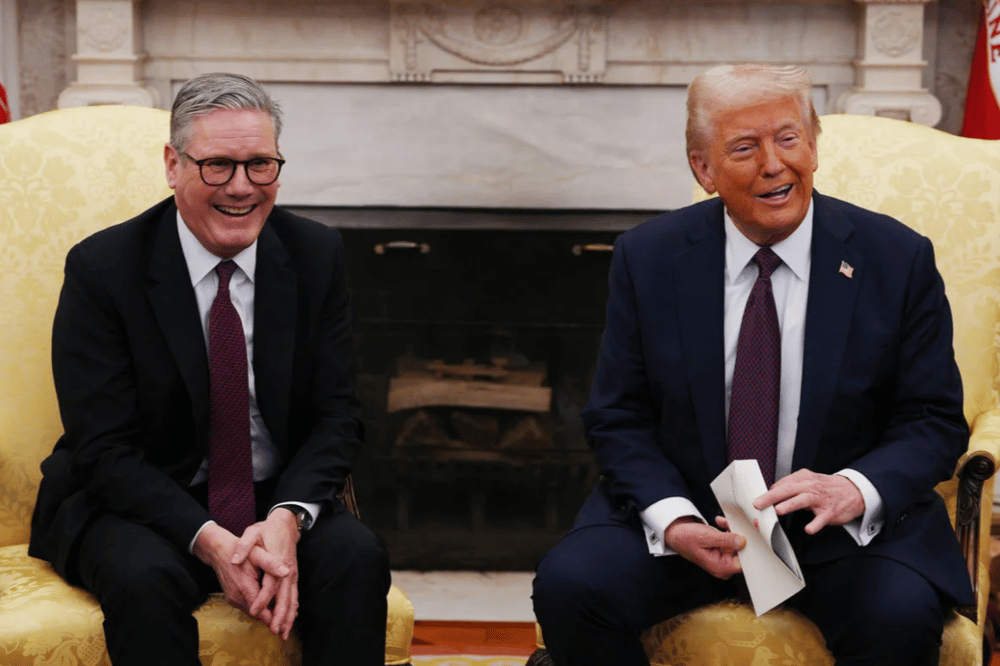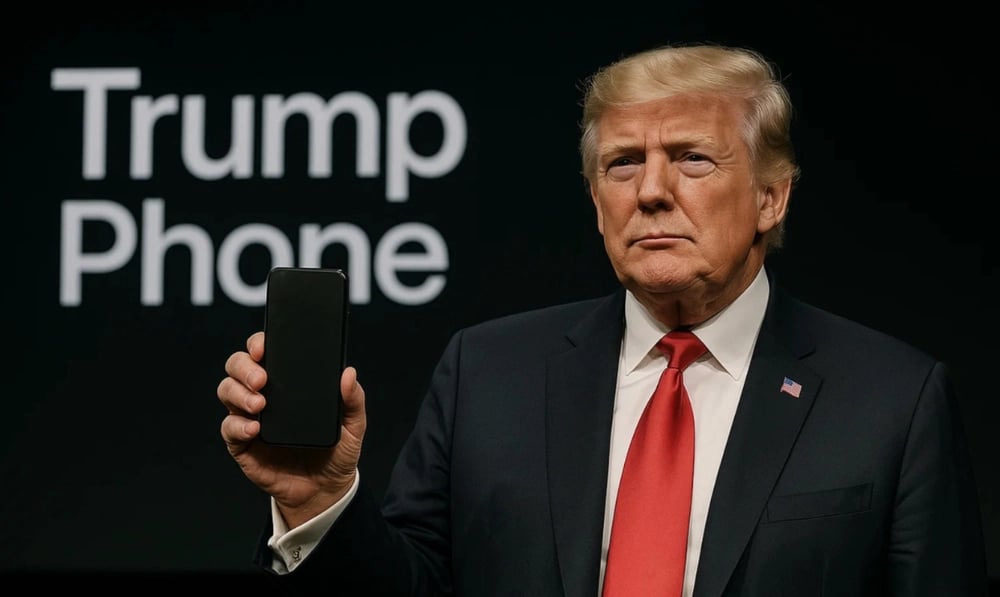Global Trade Tensions and Donald Trump Warning
Recent developments in global financial markets have sparked fresh concerns amidst escalating trade tensions. Former U.S. President Donald Trump’s threat to impose a 200% tariff on imports of wine, cognac, and other alcoholic beverages from Europe has ignited another front in the ongoing global trade war. This announcement has sent ripples through the markets, intensifying worries about an impending recession and shifting investor sentiment on major economic indices.
Key Developments and Market Impact
In response to Trump’s statement, market indices have experienced notable declines. The S&P 500, for instance, ended a trading session more than 10% below its recent all-time high, a level reached just last month. Such a downturn suggests that the index, and the broader market sentiment, is in a state of correction amid fears that stricter trade barriers may soon be implemented.

Market Analysis
Potential consequences of these new trade restrictions include:
- Slower Economic Growth: The imposition of hefty tariffs on imported alcoholic beverages could potentially dampen consumer demand, especially in markets that heavily depend on such imports.
- Destabilization of Trade Relations: A significant shift in trade policies might provoke retaliatory measures from European nations, raising the risk of further disturbances in global trade dynamics.
- Heightened Recession Concerns: The sharp decline in major stock indices, particularly the S&P 500 (SPY), reflects growing uncertainty within financial markets, signaling possible economic slowdowns.
Primary Factors Influencing the Market
A closer look at the underlying factors reveals how political decisions can swiftly reshape market dynamics:
1. Aggressive Trade Barriers. A tariff increase of 200% represents a drastic alteration in trade flows that can disrupt the functioning of one of the world’s largest consumer markets.
2. Increased Trade Uncertainty. The potential for retaliatory actions from European countries could exacerbate existing trade tensions, adding to the volatility in global markets.
3. Economic Uncertainty. Politically driven measures like these heighten uncertainty, influencing key stock indices such as the S&P 500 (SPY) and contributing to the overall market correction.

Future Market Outlook
The current scenario highlights how geopolitical decisions can significantly affect financial markets. Trump's proposed measures introduce fresh challenges that may lead to further market adjustments as traders and analysts grapple with the implications. Continuous monitoring of indices like the S&P 500 will be crucial in assessing whether this phase represents a temporary market shock or a more sustained downturn.


















Comments